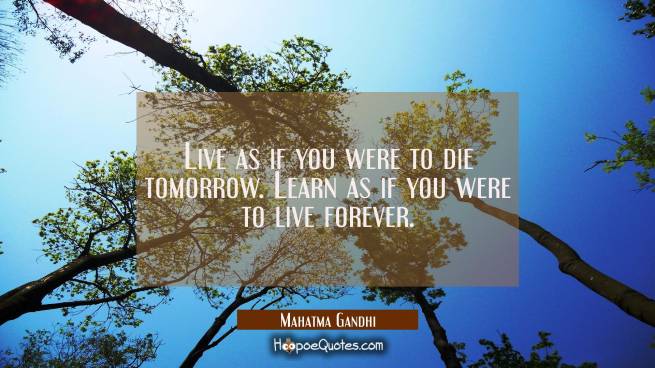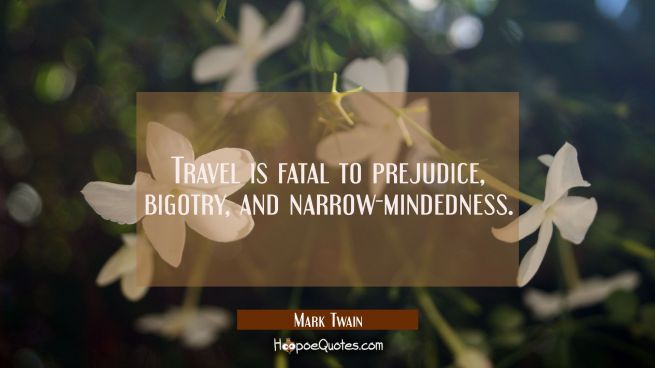Disclosure: This post may contain affiliate links, meaning we get a commission if you decide to make a purchase through our links, at no cost to you.
Lose Yourself to Find Yourself
Alright, folks, buckle up because we're about to dive into a quote that hits you right in the feels and maybe even smacks you upside the head with its truth. Mahatma Gandhi, the man who practically defined selflessness, once said, "The best way to find yourself is to lose yourself in the service of others." Yep, the dude who led a whole nation to independence without ever lifting a fist knew a thing or two about finding purpose. So, what does this gem of wisdom mean for us in today’s hustle-and-bustle world? Let’s crack it open.

Decoding Gandhi’s Wisdom: Self-Discovery Through Service
Gandhi’s quote is like a hearty stew—packed with flavors and layers. At its core, it’s about self-discovery through selflessness. It means that to truly understand who you are, you need to get out of your head and start doing things for others. Think about it: when you’re helping someone, you’re not obsessing over your own problems. Instead, you’re connecting, empathizing, and growing. Gandhi’s life was a testament to this. The dude didn’t just preach; he practiced, leading by example with his relentless drive to help others, from advocating for farmers to battling racial discrimination.
Context: From Gandhi’s Life to Our Lives
Gandhi was no stranger to struggle. He faced racial discrimination in South Africa, fought for India’s independence, and lived a life of simplicity. His journey wasn’t about self-glory but about serving others. This quote reflects his belief that true purpose is found not in navel-gazing but in losing oneself in the greater good. Historically, this idea has been echoed by many philosophers and leaders who emphasized altruism and collective well-being over individual gain.

Relevance Across Philosophies and Societies
Philosophically, this idea aligns with the teachings of many great thinkers. Take Aristotle, who talked about eudaimonia, or flourishing, which is often achieved through virtuous actions that benefit others. In psychological terms, the concept of self-actualization—reaching one’s full potential—often involves doing meaningful work that impacts others. Sociologically, societies that prioritize collective well-being over individual success tend to have higher levels of happiness and cohesion. Gandhi’s quote isn’t just some airy-fairy ideal; it’s a practical guide for a fulfilling life.
Modern Interpretations: Serving in the Digital Age
Fast forward to today. How does Gandhi’s wisdom fit in our modern, tech-driven world? Pretty damn well, actually. We’ve got endless opportunities to serve others—volunteering, mentoring, or even just spreading kindness online. The gig economy, social media, and global connectivity mean you can make a difference from anywhere. Whether it’s starting a nonprofit or simply helping your neighbor, the avenues for service are endless, and so are the rewards. Studies have shown that volunteering not only helps others but also boosts your mental health and sense of purpose.

Personal Reflection: Making It Real
Alright, let’s get personal. How can you embody this quote in your daily grind? Start small. Hold the door open for someone, lend an ear to a friend in need, or volunteer for a cause you’re passionate about. These acts of service not only make the world a better place but also help you discover what makes you tick. You’ll start to see patterns in what brings you joy and fulfillment, which is essentially finding yourself. For me, nothing beats the feeling of helping someone achieve their goals—it’s like a shot of pure purpose straight to the soul.

So, there you have it. Gandhi’s wisdom about finding yourself through serving others is more relevant than ever. In a world that often screams "me, me, me," it’s a refreshing reminder that sometimes the best way to figure out who you are is to focus on someone else. Whether you’re aiming to change the world or just brighten someone’s day, remember that true self-discovery comes when you step out of your bubble and dive into the service of others. So get out there, lose yourself a little, and find out what you’re really made of.
References and Further Reading
- Gandhi, M. K. The Story of My Experiments with Truth.
- Aristotle. Nicomachean Ethics.
- Maslow, A. H. Motivation and Personality.
For more insights into the power of service and self-discovery, check out the works of Mother Teresa, Martin Luther King Jr., and contemporary authors like Adam Grant who delve into the benefits of giving and helping others.
Remember, finding yourself isn't about staring in the mirror—it's about seeing yourself reflected in the lives you touch.











![[50+ Images] Birthday Wishes for Someone Special in Your Life Quotes](/media/k2/items/cache/b1dbe5e313fb0e0a26b2b36062a36d3a_M.jpg)

